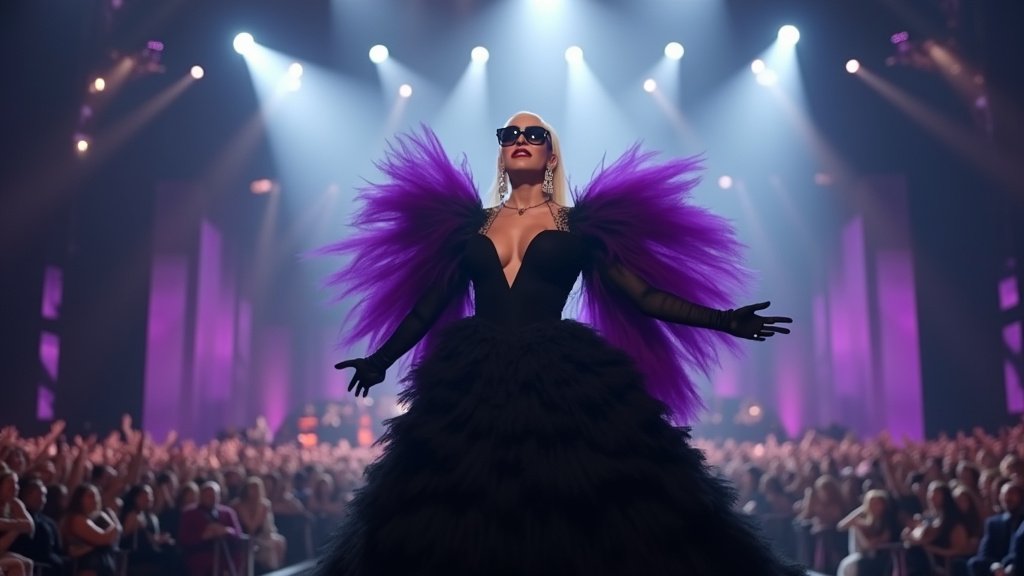VENICE, ITALY – Hundreds of protesters converged on the historic streets and waterways of Venice, Italy, to voice their opposition to the opulent wedding celebrations of Amazon founder and executive chairman, Jeff Bezos, and his partner, Lauren Sánchez. The demonstrations, unfolding in the picturesque, yet often fragile, lagoon city, highlight a growing public reaction and notable “backlash” against displays of immense wealth, particularly when set against a backdrop sensitive to environmental and social pressures.
The presence of hundreds of demonstrators underscored the intensity of the sentiment surrounding the high-profile event. Organizers indicated the protest was specifically targeting the perceived “extravagant wedding” of the Amazon billionaire, arguing that such lavish spending was out of touch with global economic realities and the specific challenges facing Venice itself.
Contextualizing the Backlash
The decision by Jeff Bezos, one of the world’s wealthiest individuals, to host a multi-day wedding celebration in Venice drew significant attention long before the arrival of guests and protesters. Reports of elaborate arrangements, exclusive venues, and the sheer scale of the event fueled public debate on wealth disparity, corporate responsibility, and the impact of ultra-rich tourism on delicate urban environments like Venice.
The city of Venice, a UNESCO World Heritage site, grapples continually with the pressures of mass tourism, rising sea levels exacerbated by climate change, and the challenge of maintaining its unique historical and social fabric. For many protesters, the choice of Venice for an event characterized as “extravagant” symbolized a detachment from these pressing issues, positioning the celebrations as potentially burdensome on the city’s resources and an stark visual contrast to the economic struggles faced by many.
According to reports, including those by journalist Elizabeth Palmer, the protests were a direct manifestation of the public reaction to the perceived excess. The term “backlash” used in connection with the event suggests a broader public sentiment of disapproval extending beyond the immediate demonstration.
Voices of Dissent
The hundreds of protesters, comprising a mix of local residents, activists, and potentially visitors sympathetic to their cause, utilized banners, signs, and chants to convey their message. While specific slogans varied, the core theme revolved around the vast wealth accumulated by figures like Bezos and how it is utilized, contrasting private luxury with broader societal needs or environmental concerns.
Critics often point to various issues associated with Amazon, including labor practices, environmental impact, and its dominance in the retail sector. While the protest was specifically triggered by the wedding’s perceived extravagance, these underlying concerns likely contributed to the willingness of hundreds to turn out and demonstrate against a figure as prominent as the Amazon billionaire.
The symbolic power of Venice as a location cannot be overstated. Its vulnerability makes it a potent stage for highlighting global inequalities and the impact of economic power. Hosting an event widely described as “extravagant” in a city struggling with its own sustainability amplified the visual and emotional impact of the protest.
Broader Implications
The demonstrations in Venice are not isolated incidents but rather part of a growing global discourse surrounding wealth concentration and its societal implications. Public figures and billionaires increasingly find their personal expenditures and lifestyles scrutinized, particularly in the age of social media where images and details of lavish events spread rapidly, fueling public reaction and backlash.
The presence of hundreds of protesters in a city like Venice sends a clear signal that even private celebrations of immense wealth can become focal points for public discontent, especially when they occur in locations with significant environmental, social, or economic vulnerabilities. The event, intended perhaps as a joyous personal milestone for Jeff Bezos and Lauren Sánchez, inadvertently became a lightning rod for criticism.
Journalists like Elizabeth Palmer have documented this public sentiment, illustrating how high-profile events involving figures of extraordinary wealth can intersect with broader societal debates. The protests in Venice serve as a notable example of how private wealth displays can trigger significant public reaction and contribute to an ongoing backlash against perceived extravagance and inequality.
In conclusion, the gathering of hundreds in Venice to protest the extravagant wedding of Amazon billionaire Jeff Bezos and Lauren Sánchez was more than just a local demonstration. It was a potent symbol of the public reaction and backlash that can arise when vast private wealth is publicly displayed in a world facing complex challenges, highlighting the delicate balance between private celebration and public perception in the 21st century.











